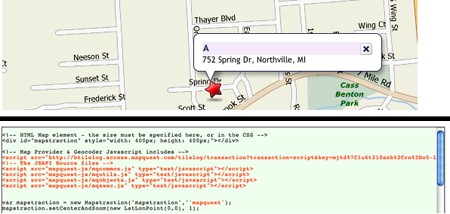
Although it’s not the best way of understanding computers, most people tend to imagine electronic devices as black boxes filled with magic and blue smoke. Even microcontrollers, the most fundamental means of computation, are treated like little black plastic centipedes with metal legs. In a series of blog posts, [Andrew Gibiansky] is tearing down the walls of obfuscation and illuminating the world of transistors, gates, and FPGAs.
The first blog post goes over the idea of electronic circuits as a waterfall; a positive voltage is a reservoir on a mountain top and ground is sea level. This idea is extended to the lowly transistor acting as an electronic switch, able to turn a circuit on and off.
Continuing on to logic gates, [Andrew] covers the NOT, AND, and OR gates before moving on the flip-flops and SRAM. These can, of course, be modeled in Verilog and VHDL – programming languages that abstract the world of transistors and gates into a much more human-readable form.
[Andrew] is far from done with his series of blog posts, but judging from his work so far it seems to be a great resource for untangling the obtuse concepts of gates and memory into the coherent design of a computer.












